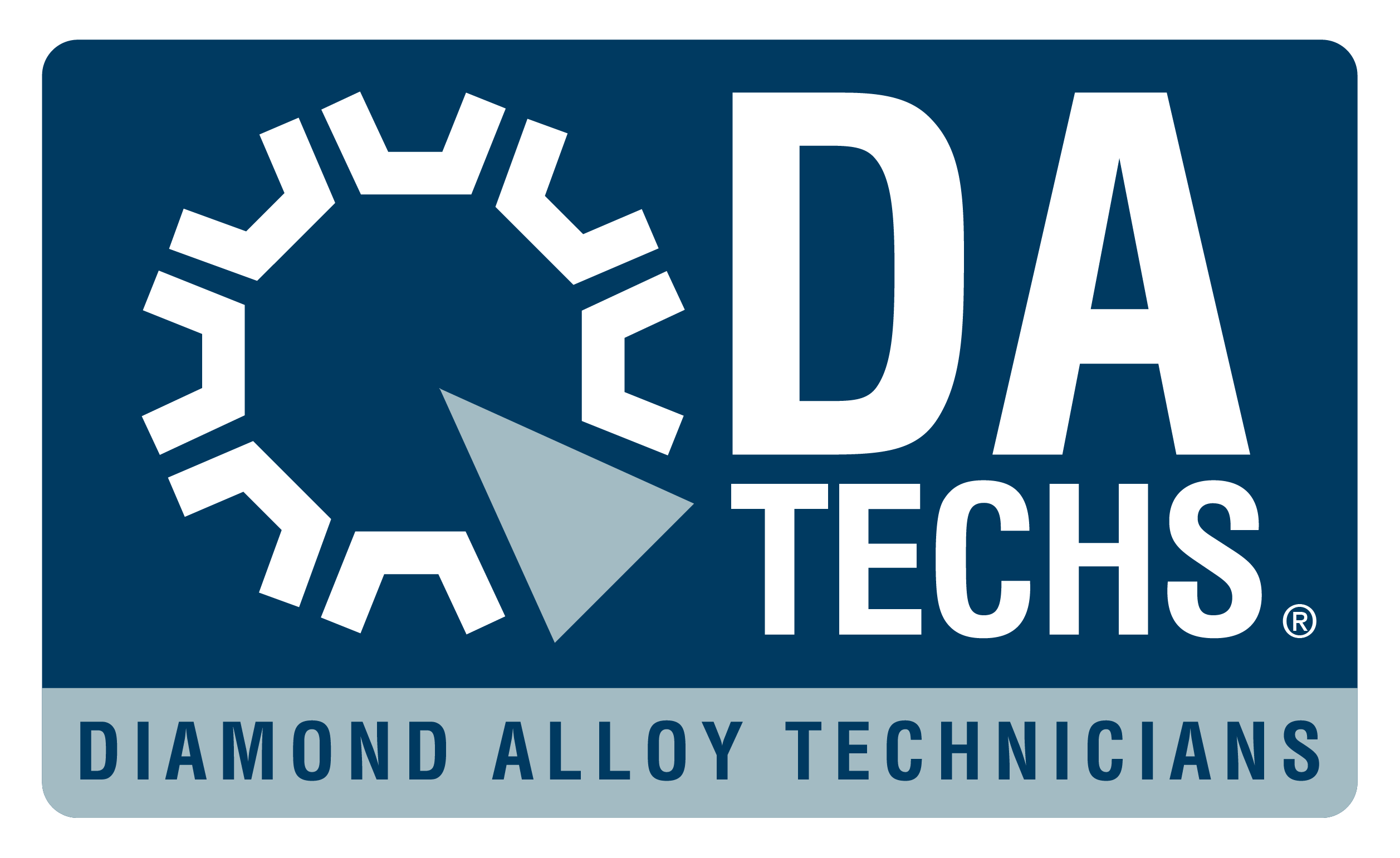
All vehicles suffer damage; that’s the short and simple truth.
Even the most cautious drivers are forced to contemplate the financial ramifications of scuffs and scratches on their cars, and it doesn’t always take a collision for these abrasions to become apparent. Many mechanical wounds arise as a result of wear and tear – and alloy wheels are often one of the first victims.
Simply travelling a good distance in your car on a daily basis can cause alloy wheels to look time-worn, and this is more of a concern if you’re planning on returning the vehicle as part of a lease agreement.
Is it appropriate to take a vehicle back to its owner if there is alloy wheel damage on the lease car? What constitutes ‘damage’ in the eyes of the manufacturer? What should you consider before returning a lease car with wheel damage? We answer all of these questions here – telling you everything you need to know about wheel damage on a lease car.
Your rights when returning a lease car with wheel damage
According to the British Vehicle Rental and Leasing Association (BVRLA), “fair wear and tear” describes “acceptable deterioration” – damage that is caused over time as opposed to careless driving. Fair wear and tear covers the appearance, paintwork, bodywork, windows, mirrors, lamps, tyres, wheels, mechanics, interior, and navigation controls or equipment of a car.
Before leasing a vehicle, you will have signed an agreement pledging to take care of the car according to the vehicle manufacturer’s guidelines. Following these recommendations is key to ensuring the warranty on the car is not invalidated, and that no unnecessary, long-lasting damage is caused.
As for tyres, they must all be fit for the car in question (in terms of type, class, size and speed rating) and meet all the necessary legal requirements for safe driving. The BVRLA fair wear and tear standard also dictates that there must be no damage to sidewalls or tread.
The wheels themselves must not:
- Have dents or holes in the rims or trims
- Have more than 50mm of scuffs
- Have any damage to wheels spokes and/or alloy hubs
- Be accompanied by a partially or fully discharged inflation canister
As well as this, the spare wheel should not be damaged, unusable or incorrectly stored.

How to determine whether there is alloy wheel damage on a lease car
Before returning the vehicle to its rightful owner, you’ll need to perform your own appraisal.
This will give you an indication as to whether the car is likely to be accepted in its current condition, or whether you will need to make some repairs in order to return the car without breaching your contract of care.
To avoid end-of-lease period charges, you will need to conduct this assessment about three weeks before the car is due to be returned. This will give you plenty of time to carry out the check, as well as organise repair work that might need to be scheduled before the vehicle goes back to the owner.
The BVRLA advises to:
- Ask a friend for a second opinion
- Examine the car in good light
- Wash, clean and dry the car
- Closely inspect every corner
- Crouch down to see any marks near the base
- Check the tyres are healthy, and the tread is even
- Look for scratches on the wheels
- Valet the interior
- Remove any odours
- Fix stains, burns and/or tears
- Ensure all controls and equipment is in working order
Following these guidelines will help you avoid big charges, so it’s always worth doing.
Alloy wheel repair with DA Techs
If you’re in two minds about whether the alloy wheels on your lease car will pass the quality check upon return to the owner, bring your car into DA Techs and our team will happily take a look.
We have a lot of experience in alloy wheel repair and replacement, and we know exactly what organisations look for when a vehicle is brought back following a leasing period. We’ll be able to tell you whether your wheels are likely to meet the required standard, and we can perform all the necessary repairs if they fall short.

Our repair shop is based at Adlington South Business Park, which is easily accessible from many of the major North West cities including Manchester, Preston and Liverpool – or our mobile workshop can come to you.


